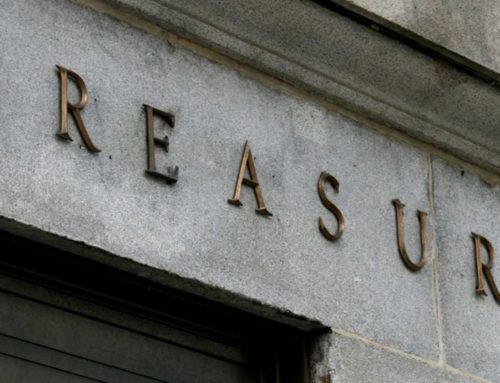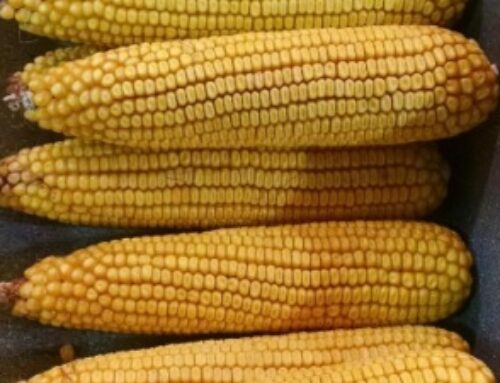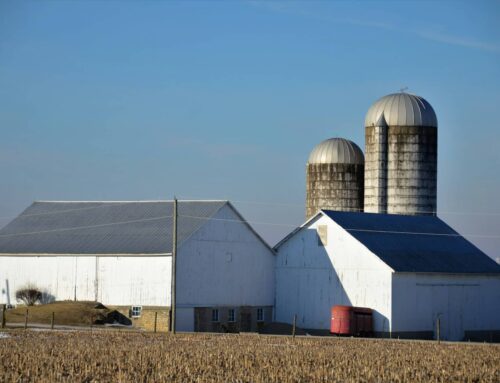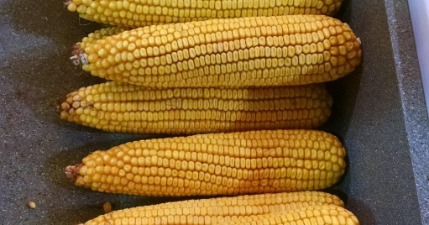The complete report is best viewed here, in PDF. You can also download it.
Lawmakers have responded to the economic fallout of the COVID-19 pandemic by drastically increasing Washington’s role in the financial balance sheet of businesses involved in farming and ranching.
While projected farm subsidies have more than doubled since the beginning of the year ($33 billion compared to $15 billion), agricultural special interest groups and lawmakers are demanding significantly more funding.
Beyond more dollars, they are also working to expand the Secretary of Agriculture’s ability to distribute potentially tens of billions of dollars in “farm” income subsidies, including to non-farmers, in future years without requiring a Congressional authorization.
Congress should reject efforts to exploit the COVID-19 pandemic to permanently increase farm safety net spending in ways that would never pass muster during a Farm Bill debate. Lawmakers must ensure COVID-19 response efforts not be used to further undermine efforts to create a more cost-effective farm safety net focused on managing risk instead of maximizing government payments.
TLDR:
- Agricultural interest groups claim the $16 billion in COVID-19 income subsidies committed by USDA falls at least $35 billion short of their need.
- Key lawmakers are proposing up to $50 billion in additional “emergency” appropriations AND expanding USDA’s ability to direct up to $38 billion more through the Commodity Credit Corporation (CCC) without a Congressional appropriation.
- Lawmakers are also proposing to expand “farm” safety net payments beyond the farm gate to include ethanol refiners and other users of agricultural products.
- A conservative estimate is that federal income subsidies in 2020 will total at least $63 billion and account for at least 50 and up to 75 percent of net farm income, the highest level ever recorded.
- This drastic increase in both the size and reach of the “farm” safety net is a threat to efforts to create a cost-effective farm financial safety net that promotes opportunity and innovation instead of cronyism and dependency on Washington
Download or read the fact sheet below.










